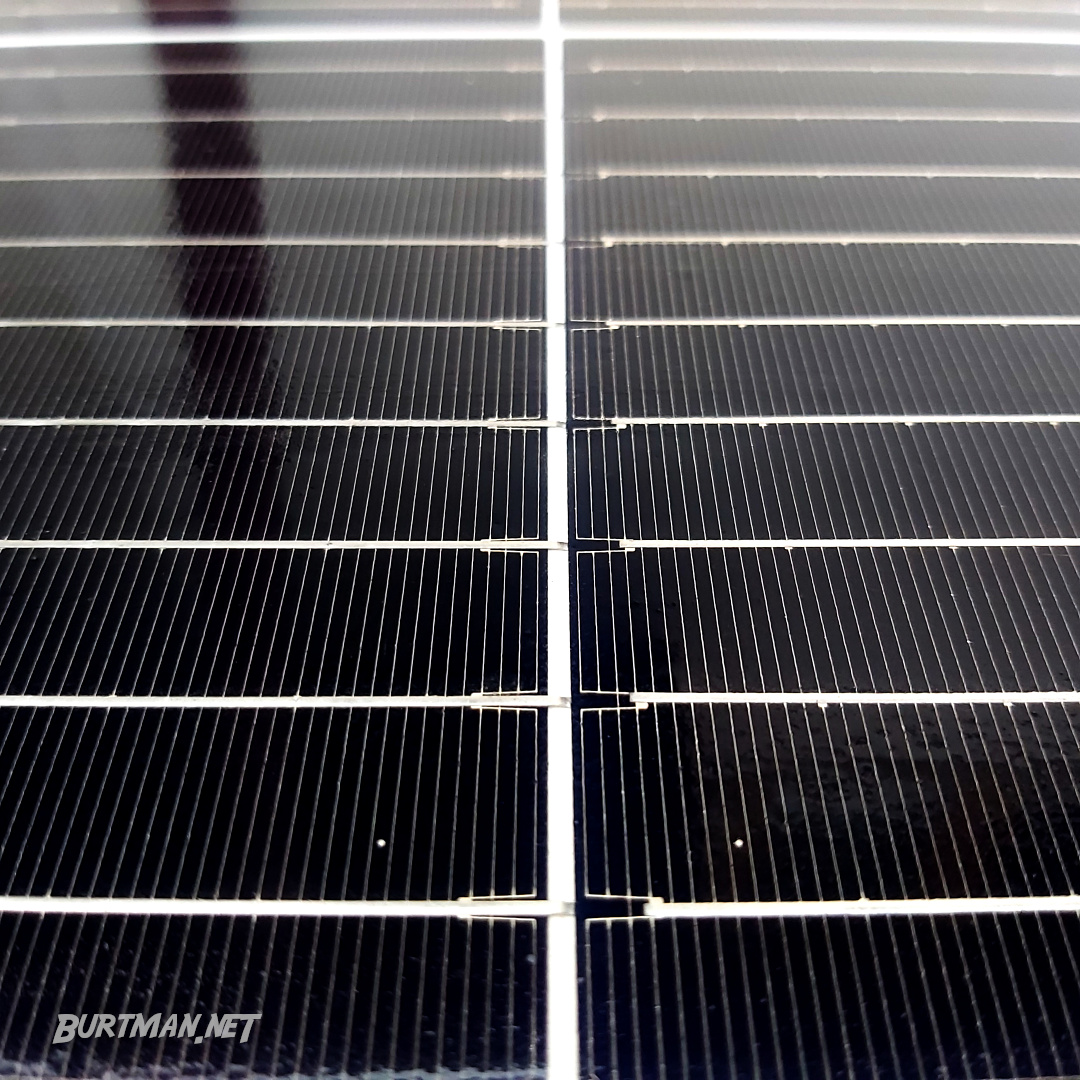Solar Panels: Mono- Or Poly-Crystalline? - Brief Answer

Updated:
You may have noticed a significant difference in the prices of mono-crystalline and poly-crystalline solar cells. And if you're lost already, keep reading. With any electrical system, there are a number of factors that determine the amount of power that goes in or comes out. When you're choosing a solar panel, the way it's made is one such consideration.
There's a lot of science involved, but most of it's not crucial understanding for making a purchase. To keep this brief, the main difference between mono- and poly-crystalline panels is efficiency, and, as the name suggests, the first is made from a single silicone crystal and the latter from many.
Mono-Crystalline
The uniform look of this cell type is due to this manufacturing choice. A single layer makes it the most effective type of cell as far as its ability to produce a voltage, especially in low light situations, and thus, this type of panel is comparatively expensive. Mono-crystalline cells are usually black or very dark blue (black to the eye). The newest type at this moment do not have visible bus bars and are supposed to be more efficient, still.

A standard mono-crystalline panel.
Poly-Crystalline
A poly-crystalline cell is made of multiple smaller shavings of silicon, which makes it less efficient at extracting power, and thus, these panels are cheaper than mono panels. The use of shavings makes the manufacturing process cheaper, but the end result for the buyer is a less reliable, less productive panel. Not necessarily a good trade-off, if you intend to get a lot of use out of your panel.
![]()
Energy is harder to extract from non-uniform, misaligned shavings of silicon.
Mixing Panels
It's not generally advisable to mix different types of solar panels, as they produce energy at different levels of efficiency, which can cause imbalance that can actually cost you energy. More on that soon.
This article is intended to give a quick answer to the question about the different panel types. It will be expanded with more details a bit later on.




 Power & Water
Power & Water Read around 3,000 times
Read around 3,000 times For Everyone
For Everyone